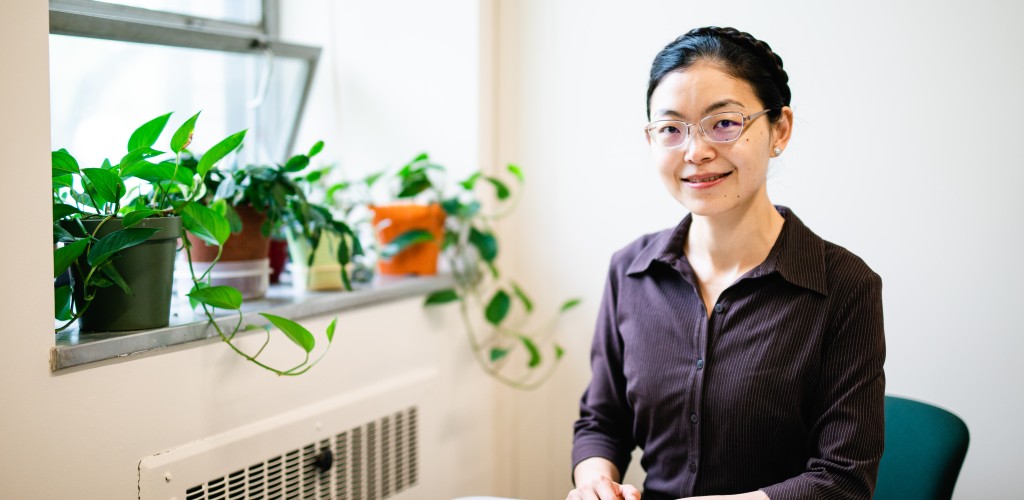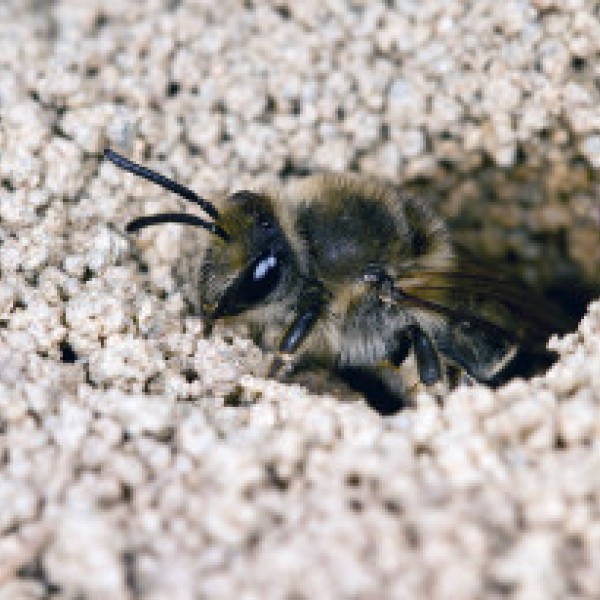What do you like to do when you’re not working? If I have to prioritize, which is usually the case, the order will be: spending time with my family, dancing, immersing in nature, reading, and writing poetry.
Three adjectives people might use to describe you: Ebullient, warm and philosophical
What brought you to Cornell CALS? Reproductive biology has long been a strength and strong tradition here. I want to be a part of it—to carry on the tradition in research leadership and train the next generation of reproductive biologists. I also love our faculty and students—their dedication to making the world a better place is palpable.
What do you think is important for people to understand about your field? Reproductive biology is fun! It is also one of the most important subjects that will influence generations to come, both humankind and all other creatures.
If you had unlimited grant funding, what major problem in your field would you want to solve? If I had unlimited resources, I would want to answer many unanswered questions in ovarian biology, to find a way to prevent high-grade ovarian cancer, to understand the biological basis of diseases that occur at a different frequency and with different severity in different sexes, to discover new insights into how different parts of our body communicate with each other through hormones, and to support wildlife conservation efforts.
What was your most valuable research experience when you were a student? Part of my Ph.D. thesis work led me to realize that the cause of many biological observations occurred much earlier—the power of developmental programming.
What’s the most surprising thing you’ve discovered about Cornell so far? So many people here are former Cornellians. They either returned or stayed after their student years.
Meet all our new faculty






